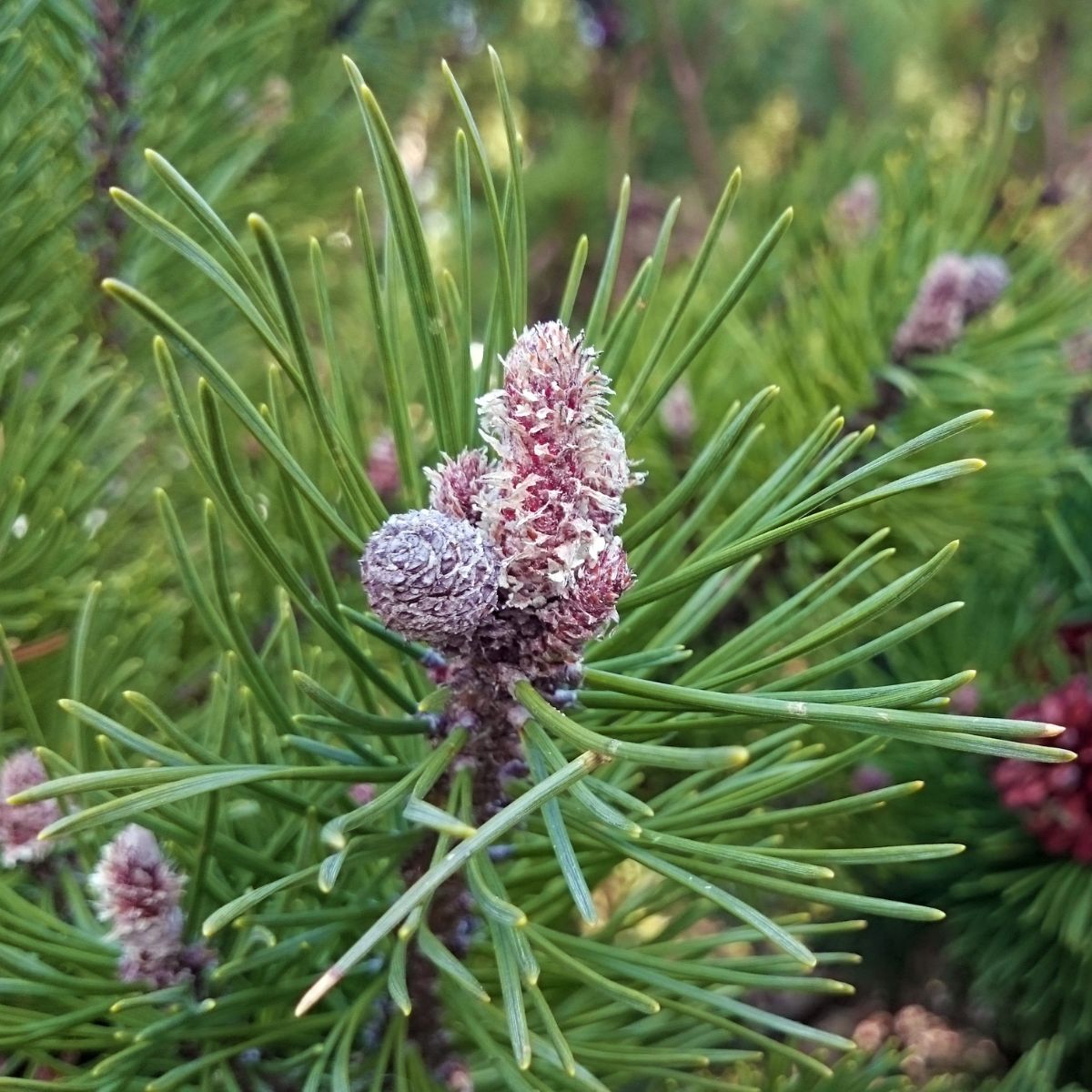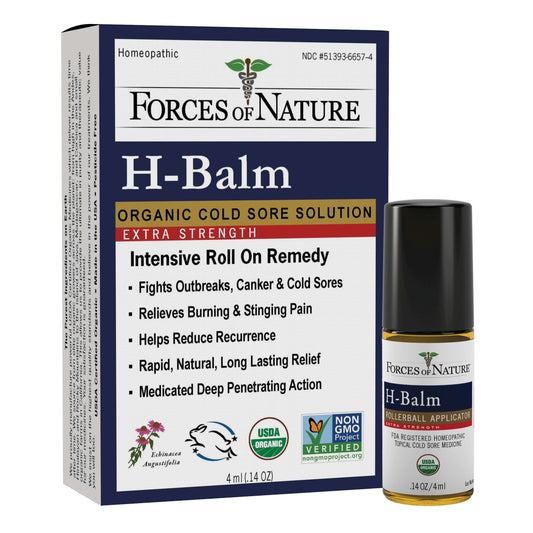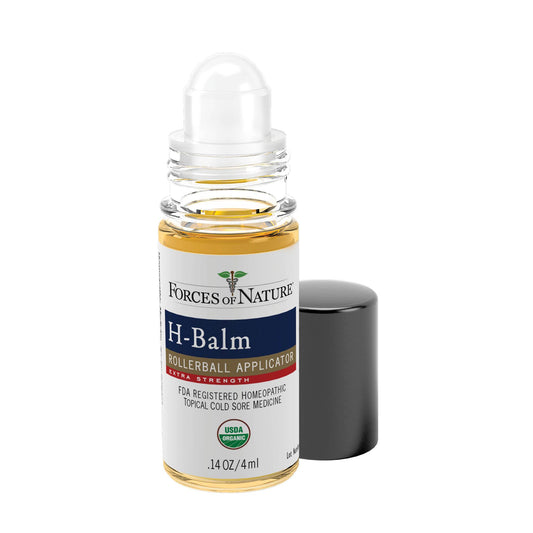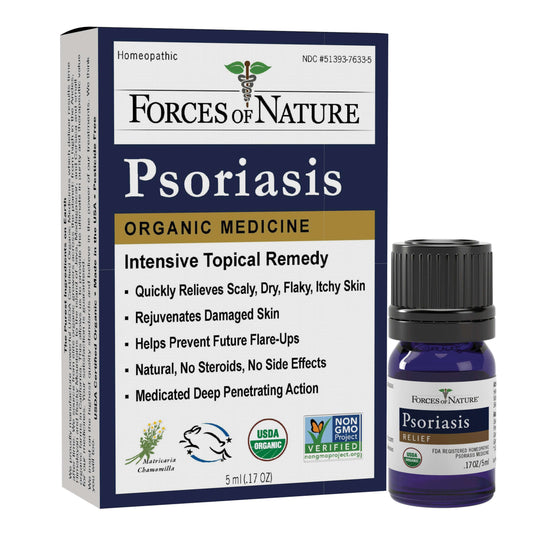
When Pinus Sylvestris Helps With
Products with Pinus Sylvestris
Allergy Maximum Strength Medicine
Regular price
From $13.95
Regular price
Sale price
From $13.95
Unit price
per
Allergy Relief for Kids
Regular price
$14.95
Regular price
Sale price
$14.95
Unit price
per
Gout Pain Relief
Regular price
$10.95
Regular price
Sale price
$10.95
Unit price
per
H-Balm Organic Cold Sore Treatment, Extra Strength
Regular price
From $15.95
Regular price
Sale price
From $15.95
Unit price
per
Psoriasis Treatment
Regular price
From $10.95
Regular price
Sale price
From $10.95
Unit price
per










